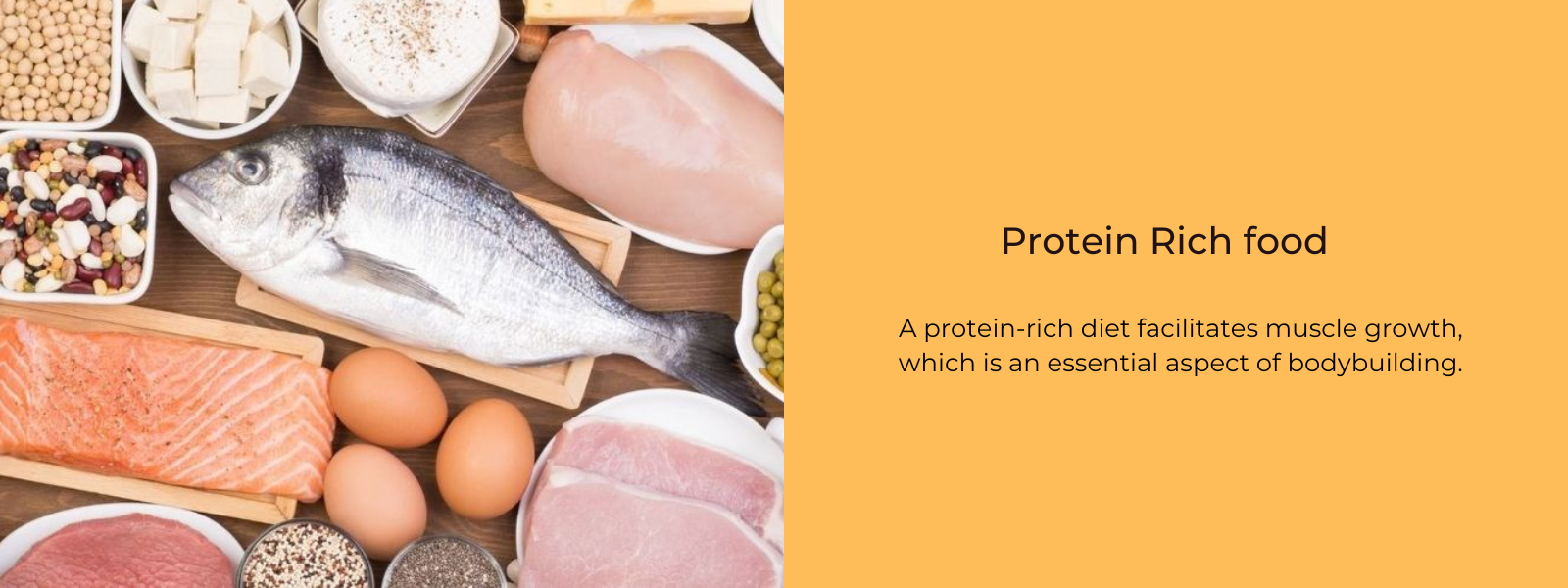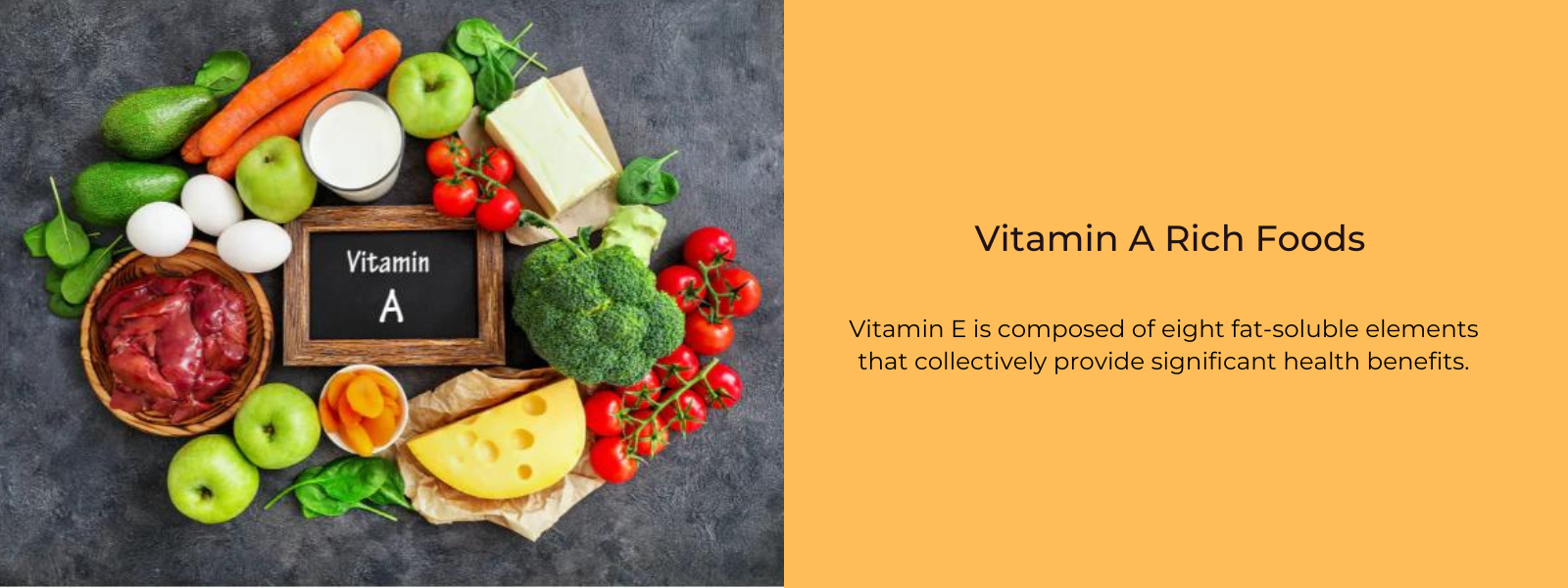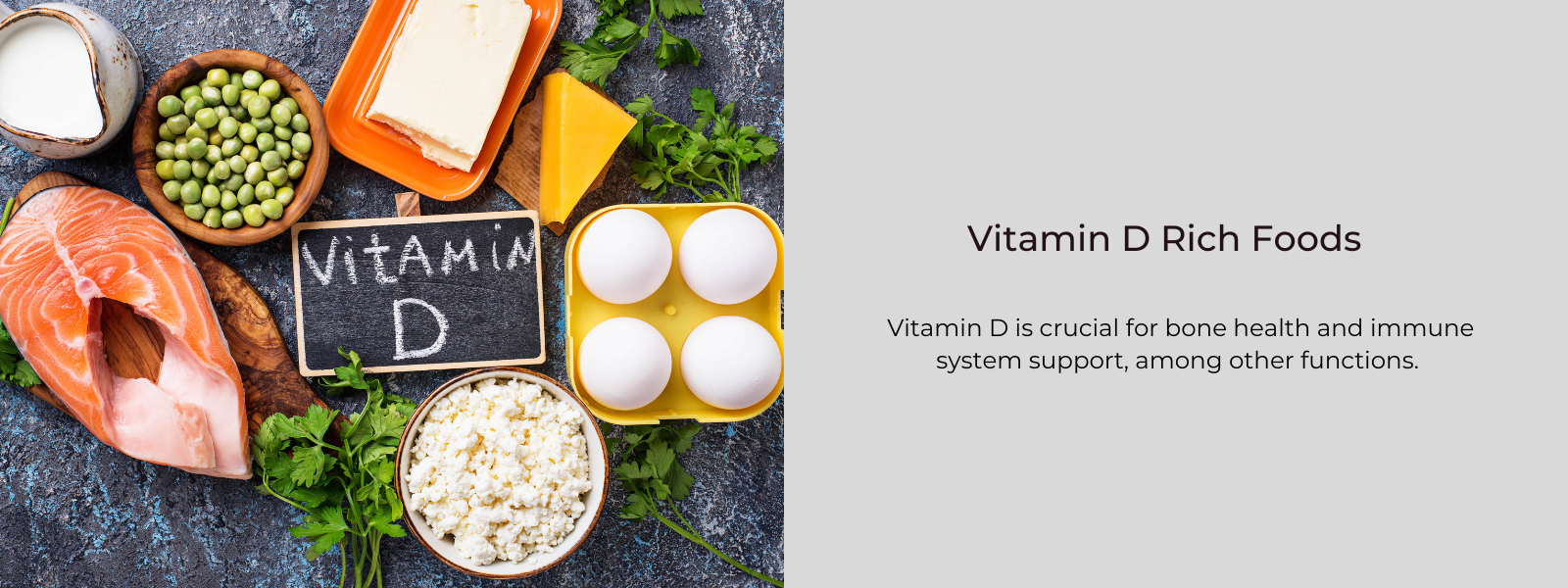The majority of whole, unadulterated foods are suitable for a gluten-free diet, providing an abundance of options. However, certain additives can transform an ostensibly gluten-free product into one that may affect people with celiac disease.
Table of Contents
What is gluten?
Gluten is a family of proteins present in wheat, rye, and barley, among other grains.
It maintains the shape of food by supplying elasticity and moisture. Additionally, it permits bread to expand and imparts a chewy texture.
Gluten is secure for the majority of individuals, but those with conditions such as celiac disease must avoid it in order to avoid adverse health effects.
Numerous foods contain gluten-containing ingredients, so those who cannot consume it must carefully examine ingredient labels.
What is gluten free food?
Gluten, a protein present in wheat as well as several other grains, is eliminated from a gluten-free diet. It involves consuming only gluten-free whole foods, such as vegetables, fruits, poultry, and eggs, as well as gluten-free processed foods, such as gluten-free bread and pasta.
What is the importance of gluten free food?
A diet without gluten is necessary for managing the signs of celiac disease along with other conditions linked to gluten. Gluten-free diets are also prevalent among individuals who aren't detected with a gluten-related illness.
Is gluten free food better for you?
Contrary to popular belief, gluten-free diets typically contain fewer minerals and micronutrients than conventional foods. Gluten-free foods are typically fortified with less iron, folic acid, and other nutrients compared to gluten-containing foods.
Foods to avoid when following gluten-free diet:
A gluten-free diet primarily focuses on eliminating foods and ingredients that contain gluten. Here are some common foods and food categories to avoid when following a gluten-free diet:
Wheat-based products: This includes all forms of wheat, such as wheat flour, wheat bran, wheat germ, wheat starch, and products made from wheat like bread, pasta, cereals, and baked goods.
Barley: Barley and barley-based products, including barley flour, malt, malt extract, malt vinegar, and beer, should be avoided.
Rye: Rye and rye-based products, such as rye flour, rye bread, and rye crackers, contain gluten and should not be consumed.
Triticale: Triticale is a hybrid grain derived from wheat and rye. It contains gluten and should be avoided.
Processed foods: Many processed foods, including sauces, dressings, soups, and snack foods, may contain hidden sources of gluten. It's important to carefully read labels and look for gluten-free certification or indications.
Certain grains and flours: Some grains and flours naturally do not contain gluten and are safe to consume on a gluten-free diet. These include rice, corn, quinoa, millet, amaranth, buckwheat, gluten-free oats, and certified gluten-free flours or baking mixes.
Cross-contamination: Even gluten-free foods can become contaminated with gluten if they come into contact with gluten-containing foods during processing or preparation. It's important to be aware of cross-contamination risks and ensure that gluten-free foods are stored, prepared, and cooked separately.
It's worth noting that individuals with celiac disease or gluten sensitivity should also be cautious with non-food items that may contain gluten, such as certain medications, supplements, cosmetics, and personal care products. Checking labels and consulting with manufacturers can help identify gluten-free options.
Naturally gluten-free food:
When following a gluten-free diet, individuals must avoid all sources of gluten and focus on consuming naturally gluten-free foods. These include:
Fruits and vegetables: All fresh fruits and vegetables are naturally gluten-free. They can be consumed in their whole form, as well as cooked, juiced, or blended.
Gluten-free grains: There are several grains and flours that are naturally gluten-free, including rice, corn, quinoa, millet, buckwheat, amaranth, and gluten-free oats. These grains can be used to make a variety of dishes like rice bowls, quinoa salads, or gluten-free baked goods using alternative flours.
Legumes and pulses: Beans, lentils, chickpeas, and other legumes are gluten-free and provide a good source of protein and fiber. They can be used in soups, stews, salads, or made into spreads like hummus.
Nuts and seeds: Most nuts and seeds are naturally gluten-free and can be enjoyed as a snack or added to various dishes. Nut butters, such as almond or peanut butter, are also gluten-free.
Meat, poultry, and fish: Fresh meats, poultry, and fish are generally gluten-free. However, caution should be exercised with processed or pre-packaged meats, as they may contain gluten-containing additives or seasonings.
Dairy products: Milk, cheese, yogurt, and other dairy products are naturally gluten-free. However, individuals with celiac disease or gluten sensitivity should be cautious with flavored or processed dairy products, as they may contain gluten.
Health benefits of gluten-free diet:
While a gluten-free diet may seem challenging at first, there are indeed numerous healthy and delicious foods that are naturally free of gluten. Some of the benefits of adopting a gluten-free diet include:
Managing celiac disease or gluten sensitivity: For individuals with celiac disease or non-celiac gluten sensitivity, following a strict gluten-free diet is essential. Consuming gluten can trigger a range of symptoms, including digestive issues, fatigue, skin problems, and more. By eliminating gluten from their diet, individuals can effectively manage their condition and improve their overall health.
Increased nutrient intake: Cutting out gluten often prompts individuals to explore alternative grains and ingredients. This can lead to a broader variety of nutrient-rich foods in their diet. Quinoa, buckwheat, amaranth, brown rice, and many other gluten-free grains offer valuable nutrients such as fiber, vitamins, and minerals.
Improved digestion: Some individuals who are not diagnosed with celiac disease or gluten sensitivity may still experience digestive issues related to gluten consumption. In such cases, adopting a gluten-free diet can alleviate symptoms like bloating, gas, diarrhea, or constipation. It allows the digestive system to function more efficiently and promotes better overall gut health.
Enhanced energy levels: Gluten can cause fatigue and a feeling of sluggishness in some individuals. By eliminating gluten, they may experience increased energy levels, improved concentration, and better mental clarity.
Weight management: While a gluten-free diet is not inherently a weight-loss diet, some people find that eliminating gluten-containing processed foods and refined carbohydrates helps them make healthier food choices. This can result in weight loss or better weight management when combined with a balanced diet and regular exercise.
Promoting a whole foods approach: Going gluten-free often encourages individuals to focus on whole, unprocessed foods such as fruits, vegetables, lean proteins, and healthy fats. This shift toward whole foods can improve overall nutrition and support a well-rounded diet.
Conclusion:
However, it's important to note that a gluten-free diet is not necessary or beneficial for everyone. For individuals without celiac disease or gluten sensitivity, removing gluten from their diet is generally unnecessary and may even lead to nutrient deficiencies if not properly managed. If you suspect you have celiac disease or gluten sensitivity, it's best to consult with a healthcare professional for proper diagnosis and guidance on dietary changes.










Leave a comment